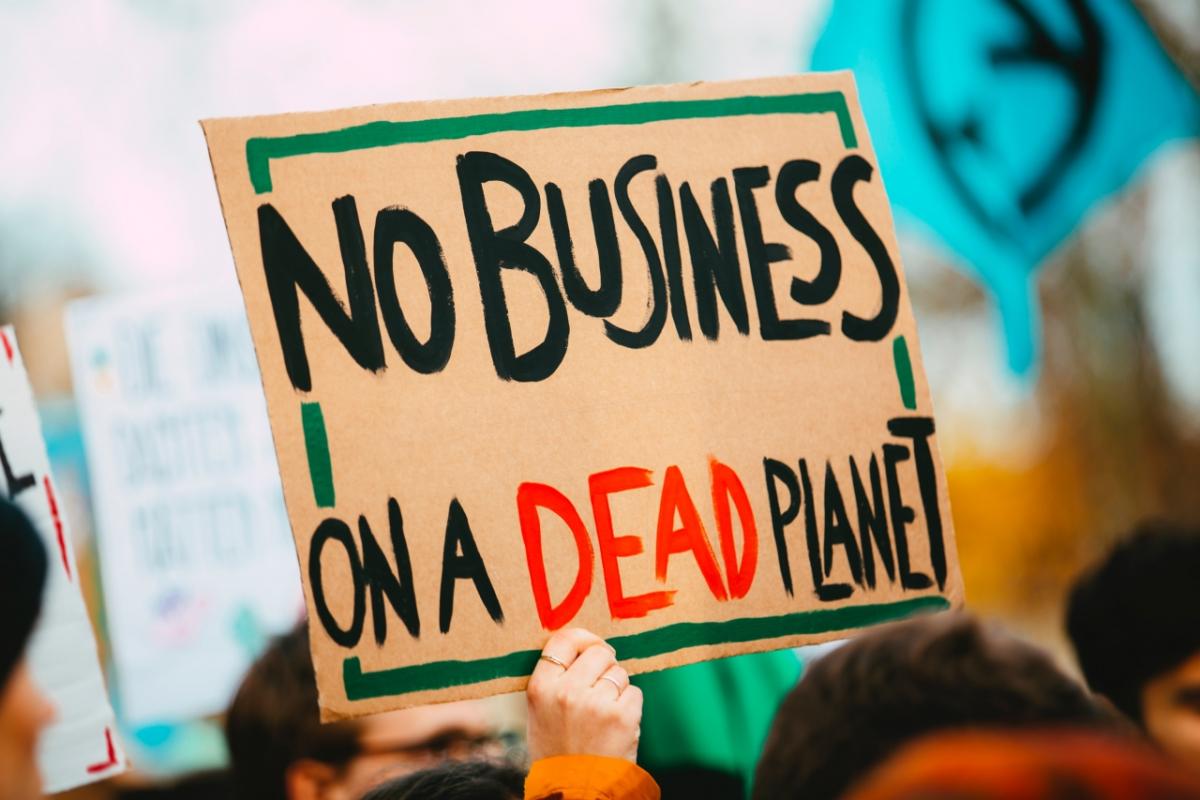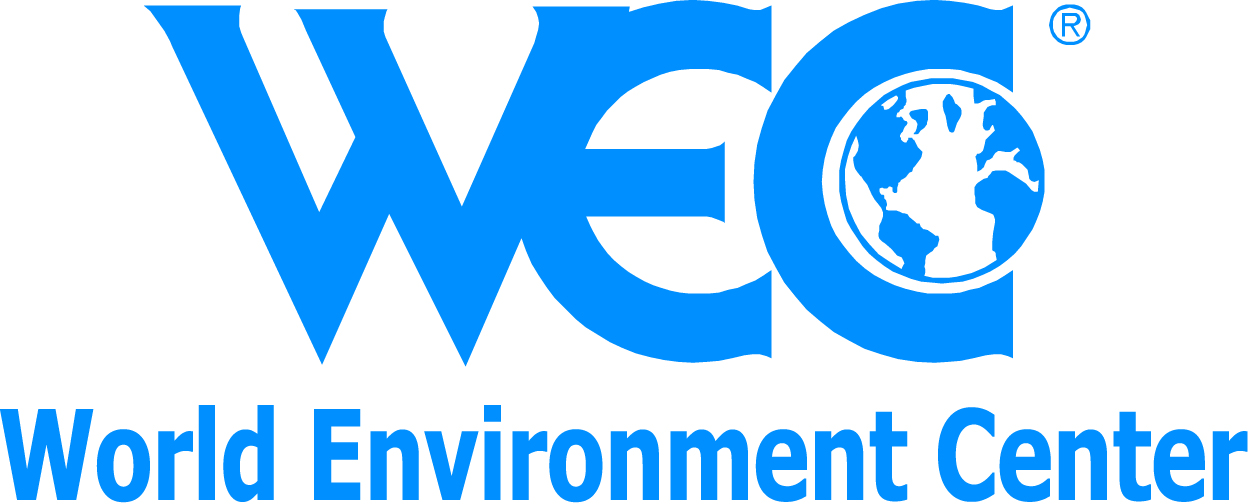How Do We Shape the Future?

Today, on the 50th anniversary of Earth Day, I planned to be with thousands on Washington, DC’s National Mall, calling for action on climate and sustainable development. Instead, I write this message at my dining room table, with one ear tuned to the radio for the latest on the novel coronavirus pandemic.
Yet even as our days are consumed with near-term challenges, as I speak to corporate sustainability professionals around the globe, we all have a larger question in mind: How can we manage our way to positive change when this is over? Can our response to this terrible pandemic bring about the kind of societal changes we saw after the first Earth Day?
For instance, might employees and employers realize that those who can work from home should do so more often? Could this lead to lasting reductions in commuting, congestion, air pollution and greenhouse gas emissions? How could we encourage this through corporate initiatives or public policy incentives?
What about corporate travel? From this experience, have we learned that video platforms work just as well for some conferences and business meetings as gathering in person? Can we minimize corporate travel and reduce the expense, loss of productivity, and CO2 emissions associated with it? How can we move to a more sustainable mode of travel without bankrupting important sectors of our economy?
On the other hand, how will reduced energy demand and record low oil prices affect the transition to a low-carbon economy? Will those companies and governments remain committed to their recently announced decarbonization goals, or with cheap oil will they pull back? How does this disruption in energy and capital markets keep the transition to clean energy going on schedule?
Could more diligent efforts to mitigate future pandemics include a crackdown on wildlife trade and deforestation? SARS-CoV-2 likely originated in bats and may have passed to humans through an intermediate host that is handled by humans — a pathway similar to other recent viral outbreaks. How can public health authorities collaborate more closely with conservation authorities to minimize the risk of novel viruses that originate from the disruption of natural ecosystems?
At a more general level, will society begin to put a higher priority on resilience? The novel coronavirus crisis shows how vulnerable our economy and our institutions are to sudden, systemic shocks. We can’t say that the crisis was “unpredicted” or “unexpected.” Public health and national security authorities have warned for years about the extreme risk of pandemics.
Climate change is a similar “predicted” and “expected” threat for which society remains largely unprepared. We have chosen as a society—through our policies, institutional norms, and even what we reward in our culture—to put a priority on economic efficiency and optimization, even as it creates a system that is more vulnerable to predictable shocks and disruptions. Just consider the staggering level of investment in coastal properties with little provision for the known flood risks associated with climate change.
How can society adopt a systemic approach to preparing for and managing systemic global risks from our environment?
There are opportunities to emerge from this crisis and put our world on a more sustainable and resilient path. The World Environment Center’s member companies are rising to this challenge. We’ve started a dialogue to learn, measure and lead together through this crisis. I’m encouraged by our members’ commitment to forge a path to a more sustainable and resilient world—a hopeful vision on this historic Earth Day.
Glenn Prickett is the President and CEO of the World Environment Center. He has spent three decades leading international environmental, natural resource and climate change policy in some of the world’s preeminent NGO’s.

